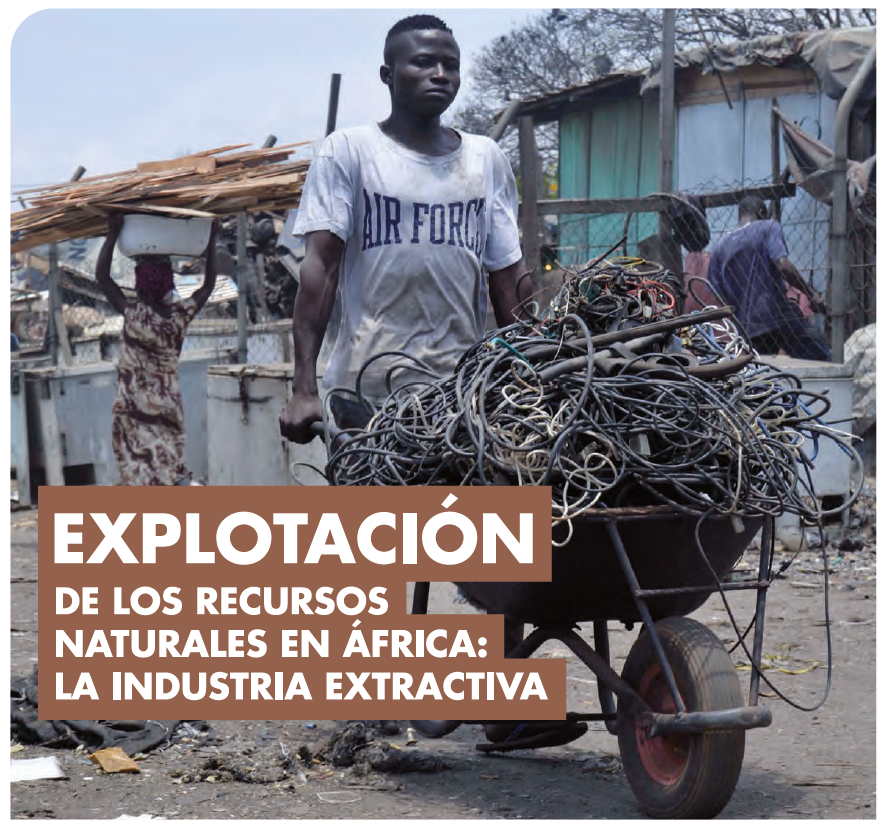As part of a larger campaign by REDES, ReSeT wrote a report on Africa’s extractive industries and their impact on local societies: Natural resources in Sub-Saharan Africa: economic growth, poverty and social inequalities.
Most of the more than 900 million people inhabiting sub-Saharan Africa live in countries rich in natural resources. The region harbours more than 30% of the world reserves of minerals (more than 50% in the case of uranium, platinum, diamonds and gold). Equally, most of those people live below the poverty threshold. 34 (most of them rich in natural resources) of the bottom 40 countries of the UNDPs Human Development Index belong to that region.
You can find information on the REDES Africa campaign, as well as the report, on their website, and download it here (in Spanish): Informe sobre la Explotación de Recursos Naturales en África.

